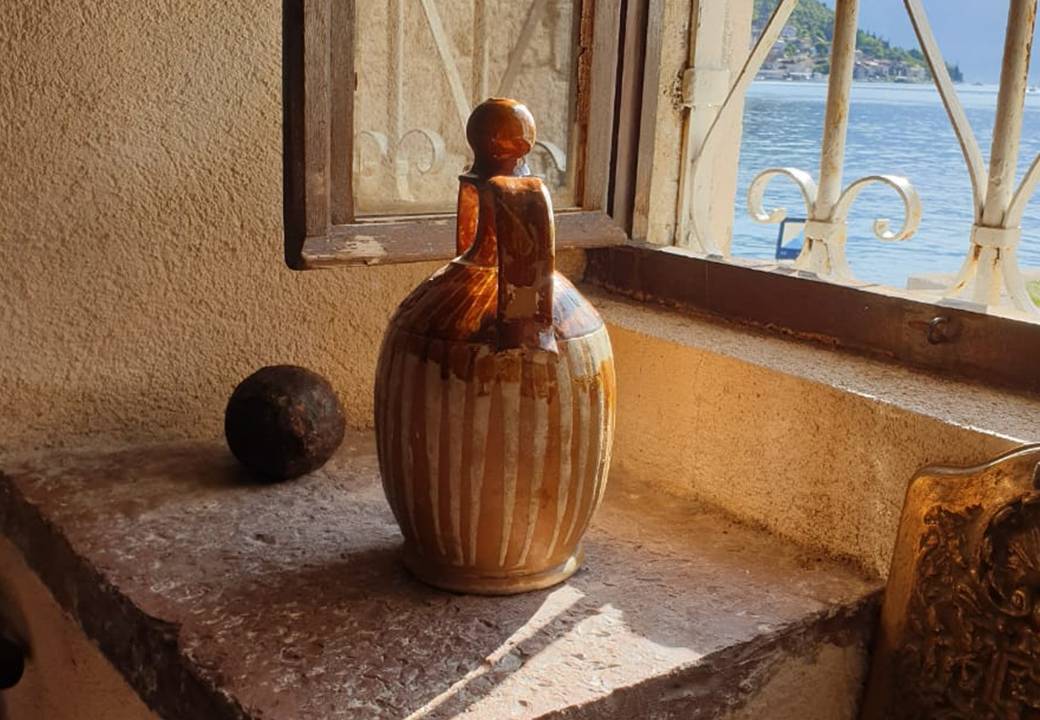28 August 2020
Quarantine and lockdown measures in Central Asian countries have disrupted many activities. However, the 4th session in the series of Sub-Regional Training for Trainers in the Field of Intangible Cultural Heritage (ICH) in Central Asia organised by the UNESCO Almaty Cluster Office, the Living Heritage Entity and the International Training Centre for Intangible Cultural Heritage in the Asia-Pacific Region under the auspices of UNESCO (CRIHAP) was held online from 24 to 28 August 2020.
The COVID-19 pandemic poses multiple issues in the field of culture, particularly in the safeguarding and promotion of intangible cultural heritage.
The online format of the event allowed many topics to be highlighted and discussed, such as safeguarding of intangible cultural heritage in emergency situations and sustainable development. The online format also created a possibility to include foreign scholars and researchers to participate in the discussion.
As noted by one of the participants, Saniya Bazheneyeva: "Participation in the facilitators' training is very valuable to me. It was possible to attend it online and enrich my knowledge and exchange experience with the representatives of UNESCO Headquarters, international facilitators and experts. For me, this is a case where the goal justifies the means. During the pandemic, there has been some remote working experience, so this type of interaction is not difficult."
Guests speakers included Peter Frankopan Ц Professor of World History at University of Oxford and author of The Silk Roads: A New History of the World; Nadja Zdravkova Ц consultant and expert; Meri Kumbe, Deputy Minister of Culture of Albania and an international facilitator in the field of intangible cultural heritage.
Professor Frankopan spoke about how climate change triggers outbreaks of diseases. "These outbreaks come every 30-40 years. They provide opportunities to rethink how we engage with the past and how we prepare for the future", he said.
For all participants, this was the first experience of participating in online training for trainers, as the previous three training courses took place offline. Assel Issayeva, an expert from Kyrgyzstan, shared her impressions about this training: "I will not hide it; at first I was afraid that the remote format would not allow me to get the necessary results. But today it is clear that the training has achieved its goals Ц modern technologies make it possible to obtain all the necessary information and master the training materials. We see and hear presentations that we have seen before offline. This is why the study of theoretical material does not present any problems. We think that the online format can be taken into account when planning further training courses. At the same time, we should always take into account the important role of direct communication, as the discussion of ICH safeguarding issues takes place not only during the sessions themselves but also beyond them. Live communication between experts, organisers and guests not only allows to exchange experience but also inspires, motivates and guides all participants.Ф
Permanent link: http://en.unesco.kz/4th-sub-regional-training-for-trainers-in-the-field-of-intangible-cultural-heritage-in
